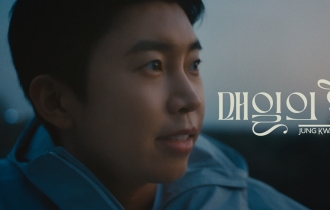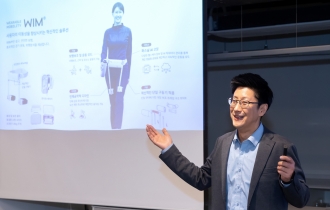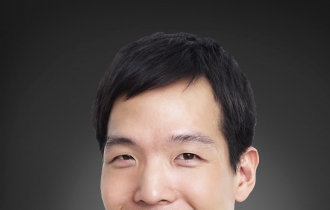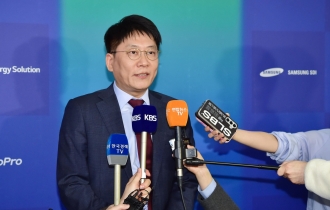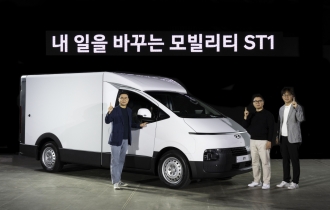After Go victory, Google’s AI to tackle humanity’s bigger challenges
[THE INVESTOR] AlphaGo, an artificial intelligence program developed by Google-owned DeepMind, has led sweeping victories against the world’s top-ranked human Go players over the past two years, but it is retiring from competitive Go.
Having beaten Ke Jie, the world champion in the traditional board game of Go, last week, Google’s AI will now set out to help solve some of humanity’s most difficult and complex challenges in fields such as health care and science, Google-owned DeepMind said in a blog post Saturday.
“We have always believed in the potential for AI to help society discover new knowledge and benefit from it, and AlphaGo has given us an early glimpse that this may indeed be possible,” DeepMind wrote.
“The research team behind AlphaGo will now throw their energy into the next set of grand challenges, developing advanced general algorithms that could one day help scientists as they tackle some of our most complex problems, such as finding new cures for diseases, dramatically reducing energy consumption, or inventing revolutionary new materials,” it said.
Since its debut last year, AlphaGo’s outstanding performance against human Go masters has offered the public a taste of how AI, when applied to certain settings, can surpass human intelligence.
During a series of matches held in Seoul last year, the gaming AI program’s victory against Korean Go grandmaster Lee Se-dol had proved to the public that AI’s implications are imminent and wide.
Google is now slated to continue its efforts to apply the key technology behind AlphaGo -- a form of high-level machine learning called deep learning -- to perform difficult tasks in more critical human sectors.
Based on the workings of the human brain, deep learning uses large artificial neural networks -- layers of interconnected nodes -- that rearrange themselves as new information comes in, allowing computers to self-learn without the need for human programming.
The US tech giant is already engaged in efforts to apply deep learning to the field of medicine. It has been training machines to analyze medical images and automatically detect pathological cues, be it swollen blood vessels in an eye or cancerous tumors.
So far, researchers at Google’s medical imaging team have made significant progress on building an algorithm to read retinal scan images to discern signs of diabetic retinopathy, the fastest growing cause of preventable blindness in the world, according to the company.
The tech giant is also working to apply deep learning to cancer diagnostics, developing another deep learning algorithm that surveys biopsy images to locate metastatic breast cancer that has spread to the lymph nodes.
However, it will take some time before devices running on Google’s deep learning algorithms are commercialized for use in the medical sector, as it must secure sufficient clinical data proving their efficacy and accuracy before seeking regulatory approval, said Lily Peng, product manager of the medical imaging team at Google Research.
For those wondering what will happen to AlphaGo as it officially retreats from competitive play, Google’s DeepMind said it will publish a final academic paper detailing the algorithm’s efficiency and potential for general use later this year.
The company said it will also work with Ke Jie to introduce a teaching tool that shows AlphaGo’s analysis of Go positions, providing insights into how the program thinks and giving the public an opportunity to see the game through the eyes of AlphaGo.
It has also introduced a special set of AlphaGo vs. AlphaGo games -- the AI learned to play Go by playing millions of games against itself -- that contain “many new and interesting ideas and strategies,” according to DeepMind.
By Sohn Ji-young/The Korea Herald (jys@heraldcorp.com)
EDITOR'S PICKS
- KGC eyes broader customer base with Lim Young-woong
- Korean robot startup aims to transform human walking
- Coway launches Berex massage bed with enhanced usability
- Hyundai Mobis breaks ground for W170b Spain plant
- HD Hyundai teams up with Norway's Philly Shipyard for US footing
- Hanwha Life taps into global banking through Indonesian investment
- LG Energy Solution vows stern action to protect patent rights
- Hyundai unveils versatile commercial EV platform






